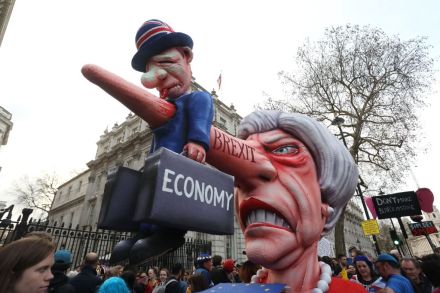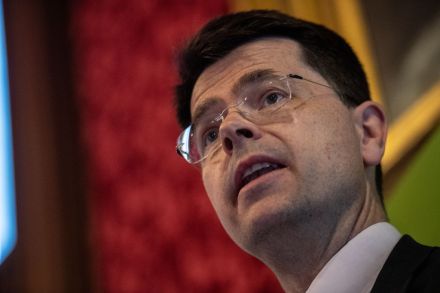Brexit need not tear the Tories apart. Here’s why
The political dysfunction in Parliament seems to be rubbing off on much of our commentariat. Many have concluded that the whole political system is about to undergo an earthquake as seismic and landscape-changing as anything that mere plate tectonics can conjure up. The main political parties will no longer be Labour and Tory, defined by being working class or middle class, big state or little state, socialist or free enterprise. Instead, goes the new thinking, there will be two main parties defined by being anti-Brexit and pro-Brexit (which may or may not be Labour and Conservative). Now it is easy to see why people might start to claim this. There





















